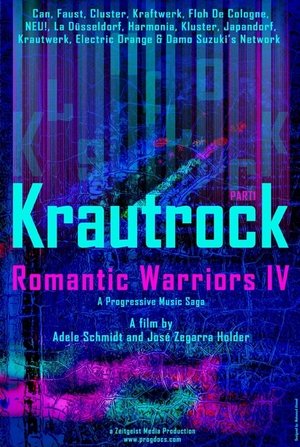
Romantic Warriors IV: Krautrock (Part I)(2019)
The fourth in a series of feature-length documentaries about Progressive rock written and directed by Adele Schmidt and José Zegarra Holder. Krautrock, Part 1 focuses on German progressive rock, popularly known as Krautrock, from in and around the Cologne, Düsseldorf, and Hamburg regions of Germany. Artist featured include Kraftwerk, Neu, Can, Faust and others.
Movie: Romantic Warriors IV: Krautrock (Part I)
Top 9 Billed Cast
Video Trailer Romantic Warriors IV: Krautrock (Part I)
Similar Movies
 7.5
7.5Berlin: Symphony of a Great City(de)
A day in the city of Berlin, which experienced an industrial boom in the 1920s, and still provides an insight into the living and working conditions at that time. Germany had just recovered a little from the worst consequences of the First World War, the great economic crisis was still a few years away and Hitler was not yet an issue at the time.
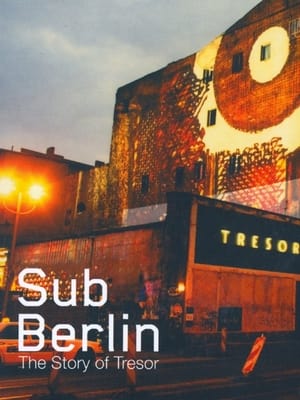 9.0
9.0SubBerlin - Underground United(de)
The original Tresor was in many ways the quintessential Berlin club: located in an unrenovated vault beneath a bombed out department store, it opened its doors amidst the general confusion and ecstasy that swept across the city when the wall fell. Its low ceilings, industrial decor and generally unhinged atmosphere created an unprecedented platform not only for techno in Berlin, but also for the scene taking shape across the Atlantic in Detroit.
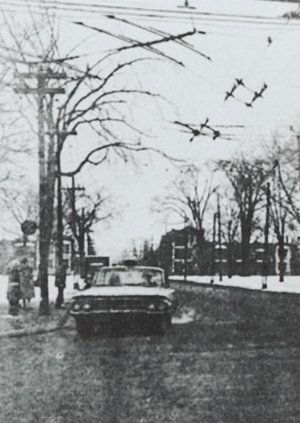 5.5
5.5One Second in Montreal(en)
A silent succession of black-and-white photographs of the city of Montreal.
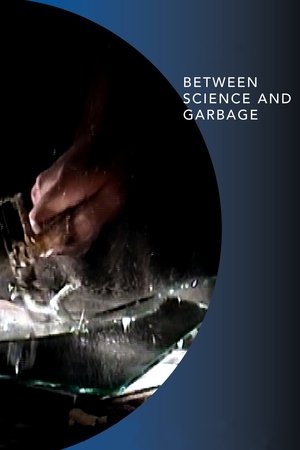 5.2
5.2Between Science and Garbage(en)
A whirlwind of improvisation combines the images of animator Pierre Hébert with the avant-garde sound of techno whiz Bob Ostertag in this singular multimedia experience, a hybrid of live animation and performance art.
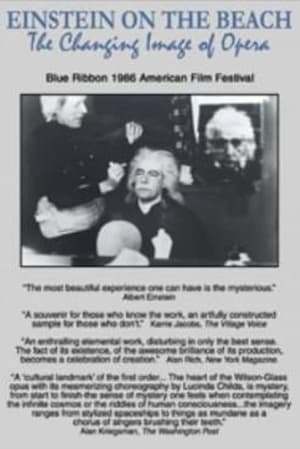 10.0
10.0Einstein on the Beach: The Changing Image of Opera(en)
The creative processes of avant-garde composer Philip Glass and progressive director/designer Robert Wilson are examined in this film. It documents their collaboration on this tradition breaking opera.
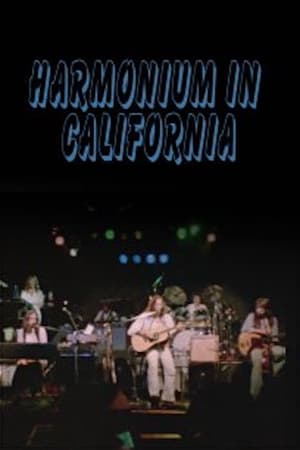 4.0
4.0Harmonium in California(fr)
Through concerts and interviews, folk-progressive group Harmonium takes Quebec culture to California. This documentary full of colour and sound, filmed in California in 1978, recounts the ups and downs of the journey of the Quebec musical group Harmonium, who came to feel the pulse of Americans and see if culture, their culture, can succeed in crossing borders.
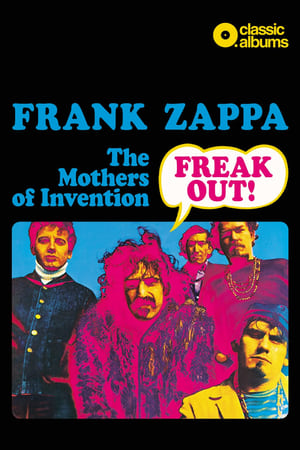 8.6
8.6Classic Albums: Frank Zappa & The Mothers Of Invention - Freak Out!(en)
This programme tells the story behind the conception, recording and release of this groundbreaking album. By use of interviews, musical demonstration, performance, archive footage and returning to the multi tracks with Ahmet Zappa and Joe Travers we discover how Frank Zappa and The Mothers of Invention created the album with the help of legendary African- American producer Tom Wilson.
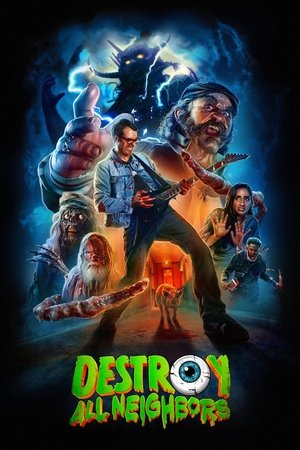 6.3
6.3Destroy All Neighbors(en)
William Brown, a neurotic, self-absorbed musician determined to finish his prog-rock magnum opus, faces a creative roadblock in the form of a noisy and grotesque neighbor named Vlad. Finally working up the nerve to demand that Vlad keep it down, William inadvertently decapitates him. But, while attempting to cover up one murder, William’s accidental reign of terror causes victims to pile up and become undead corpses who torment and create more bloody detours on his road to prog-rock Valhalla.
Der Schachtel(en)
Die Schachtel (The Box), 1968. 35mm film transfer to videotape, black-and-white, sound; 29 minutes.
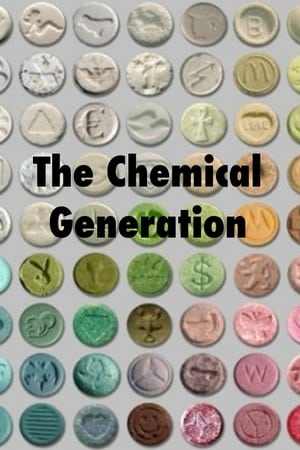 0.0
0.0The Chemical Generation(en)
This documentary covers the acid house, rave and club culture revolution in the UK and of course the chemical Methylenedioxymethamphetamine or ecstasy. This era inspired the film 24 Hour Party people and sheds light on the forgotten counter culture movement.
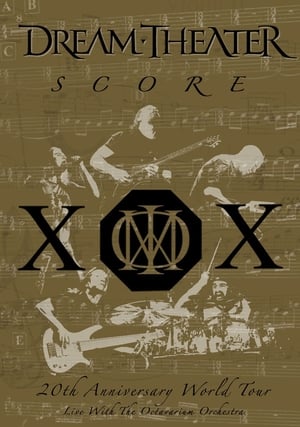 0.0
0.0Dream Theater: The Score So Far...(en)
Full length documentary chronicling 20 years of the legendary American prog metal band Dream Theater.
Anticipation(en)
Tones rise and fall as images replicate and reorder, dizzying, nauseating -- vexing.
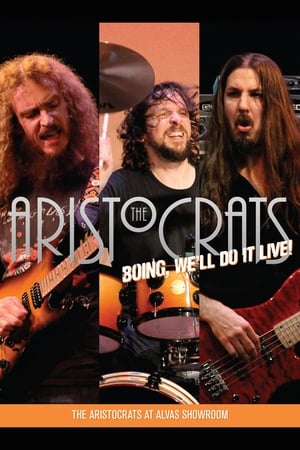 9.0
9.0The Aristocrats - Boing, We'll Do It Live!(en)
Boing, We'll Do It Live! is the first live album of The Aristocrats, released on December 10, 2012. Footage and sound for this release were recorded in two concerts held at Alvas Showroom in Los Angeles, California. During those concerts the band played material from their debut album as well as songs from each band members' solo projects. The album was released on double-CD and DVD. The deluxe edition consists of both the DVD and the two CDs including two bonus tracks not featured on standard editions.
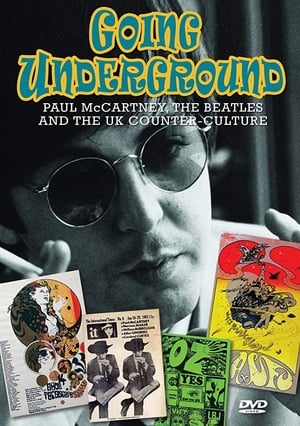 0.0
0.0Going Underground: Paul McCartney, the Beatles and the UK Counterculture(en)
Feature-length documentary examining the growth of the UK Counterculture in the mid-1960s, and Paul McCartney's involvement with this movement, which had a significant impact on the Beatles' music and their evolution during the latter half of the decade.
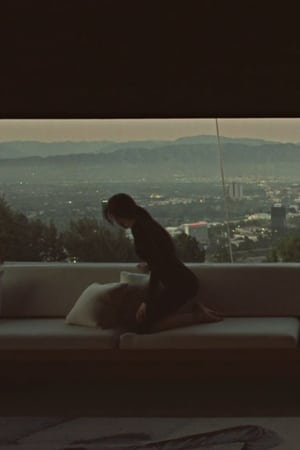 0.0
0.0Sasha Grey(en)
“For my film portrait of Sasha Grey, I wanted to focus on her expressive and psychological transformation into a cinematic actor, separate from the cues that have associated Sasha with her previous career as a performance artist working within the adult film world.” – Richard Phillips
Theodore of the Absurd(en)
A surreal musical comedy set in a world where the avant-garde and the mainstream are reversed.
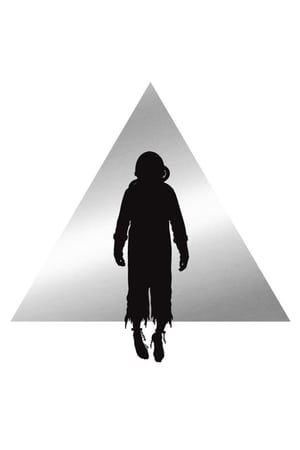 6.0
6.0Clipping: Splendor & Misery(en)
A surreal post-apocalyptic drama by Patrick Kennelly inspired by the clipping. album “Splendor & Misery”
